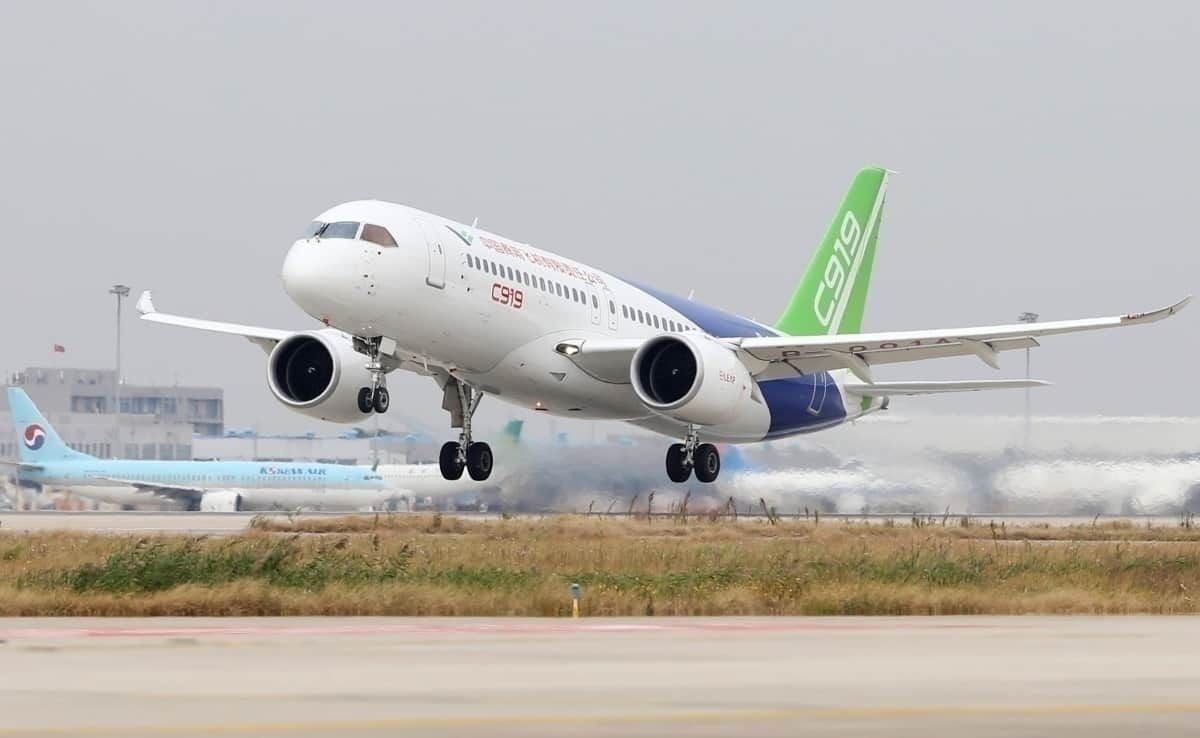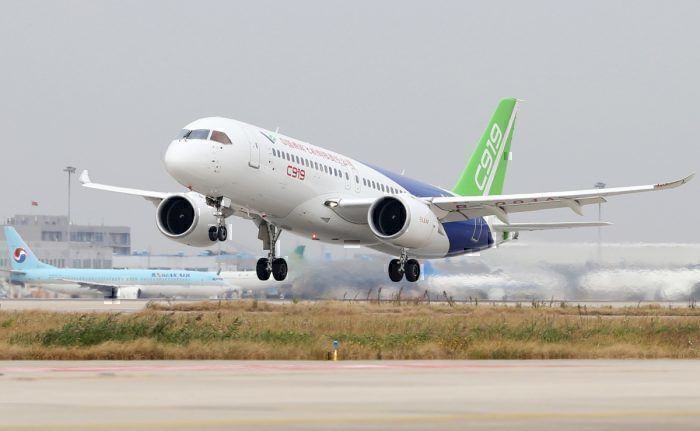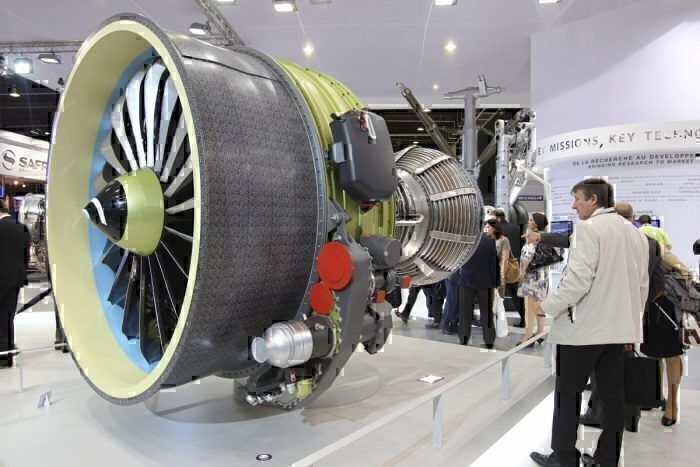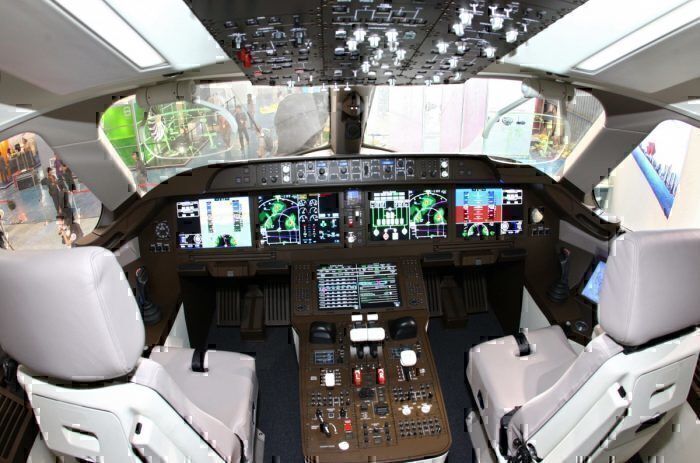In a battle over trade and technology between the world’s two largest economies, the United States government is considering whether it should stop General Electric from selling engines for the Chinese COMAC C919. The C919 was designed to compete with the Airbus A320neo and the Boeing 737 MAX.
The single-aisle, twin-engine aircraft was supposed to be a third-option for buyers as Boeing and Airbus have essentially cornered the marketplace. However, besieged by manufacturing problems and now years behind schedule, this latest move by the United States is a further blow to China’s ambition of becoming the third major player in commercial aviation.
GE and Safran supply the C919 engines
Up until President Trump took office with his “Make America Great Again“ manifesto, previous United States governments had been encouraging American companies to do business with China.
With regards to the COMAC C919, many of its components come from American and European companies, which have the Trump administration considering whether or not to deny General Electric’s license request to sell China its CFM LEAP-1C engine. The engine is a joint venture between GE and French aerospace company Safran. GE had been granted licenses to sell the engine to China from 2014, with the latest issued March of last year.
The new restriction on technological sales to China is something that is expected to be discussed during an emergency meeting. This February 28th meeting will consider further restraints on the sale of components to telecommunications giant Huawei.
As for the C919, nothing will prevent it from going into service as the Chinese domestic market is big enough to support its continued production. The Chinese would certainly find an alternative if it were unable to acquire GE's engines.
Honeywell supplies the flight control system
Any possible restriction on the sale of components would also likely encompass Honeywell International. The company supplies parts for the COMAC C919 flight control system. The flight control system supplied by Honeywell operates moving mechanical parts on the aircraft, such as the wing flaps, from inside the cockpit. Despite international news organization Reuters requests on the matter, the White House, GE, Safran, and Honeywell all declined to comment on the matter. One thing the Trump administration is sure to bring up is how Chinese engineers could reverse engineer some items for military purposes. Furthermore, consideration must be made on the impact the 158-174 seat C919 could have on Boeing sales.
Conclusion
Once more we are seeing politics stand in the way of business. This on-going trade war between the United States and China is a tit-for-tat tariff war that neither country wants.
While the Trump administration might think that threatening China by stopping GE engine sales is a good move, it could seriously backfire. In a recent Boeing industry forecast carried by CNBC, the Seattle planemaker said that China will soon become the world’s largest commercial aviation marketplace. According to the Boeing report, Chinese airlines will need to purchase 8,090 new aircraft between now and 2038.
If the Trump administration were to go ahead and stop GE from supplying engines, China would almost certainly retaliate by buying new planes from Airbus rather than Boeing. This would be significant as Boeing relies on China for a quarter of its sales.
Will the United States stop GE from providing the C919 engines or is it just rhetoric, ahead of trade talks? Please let us know your thoughts in the comments.




